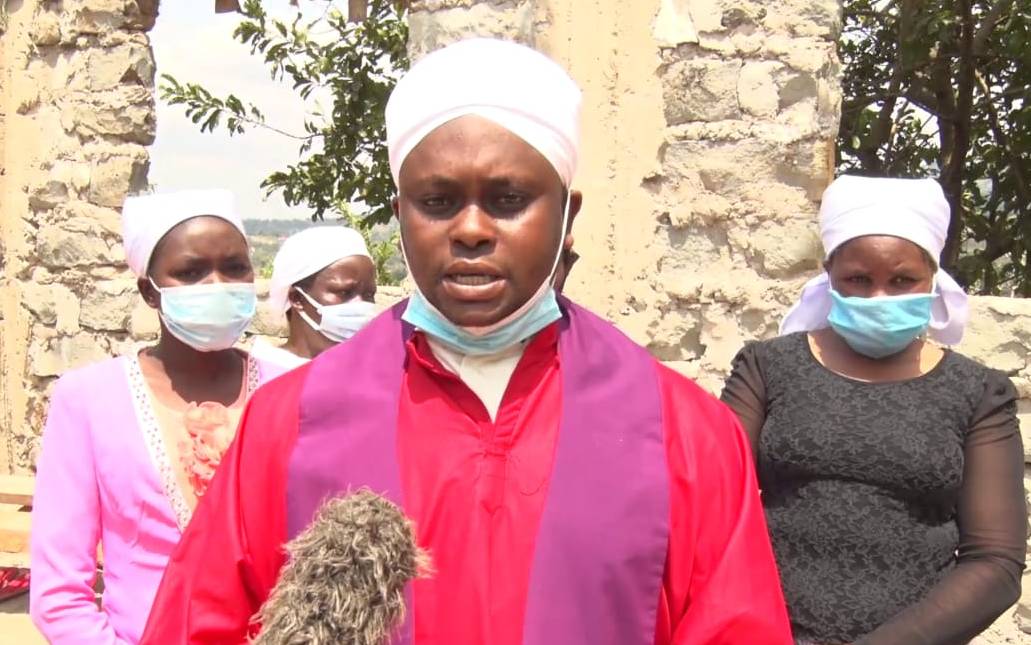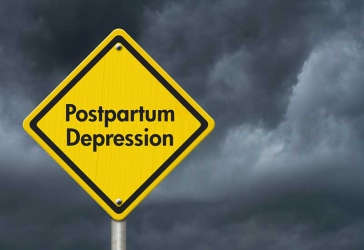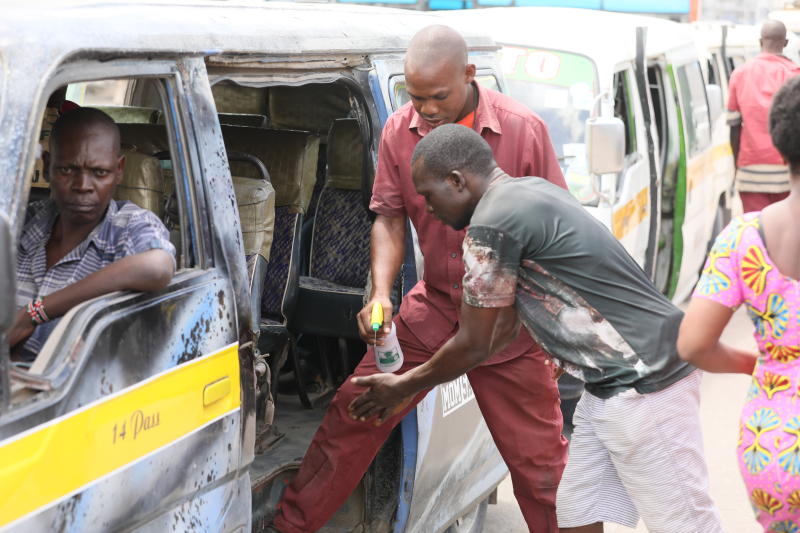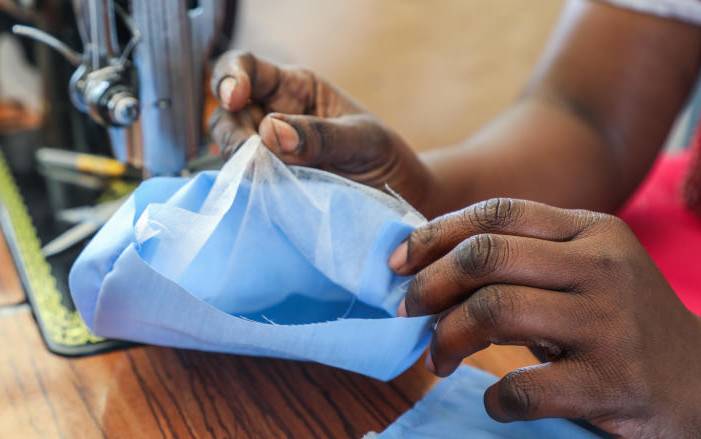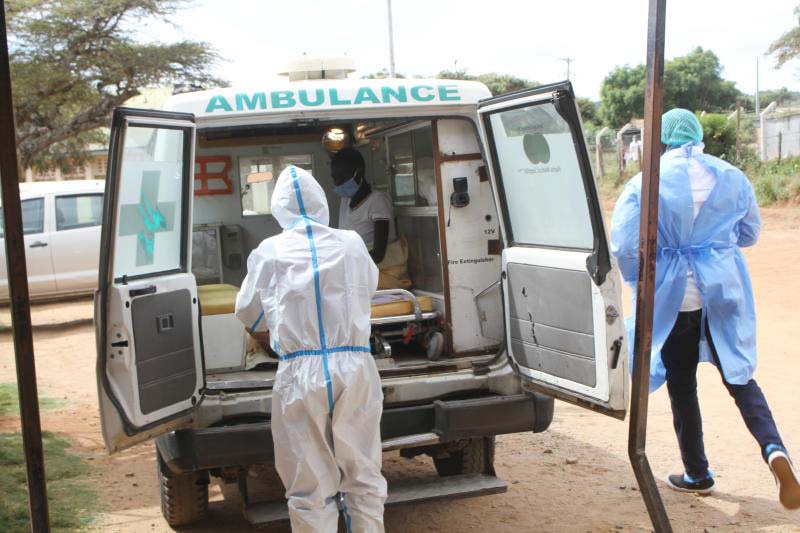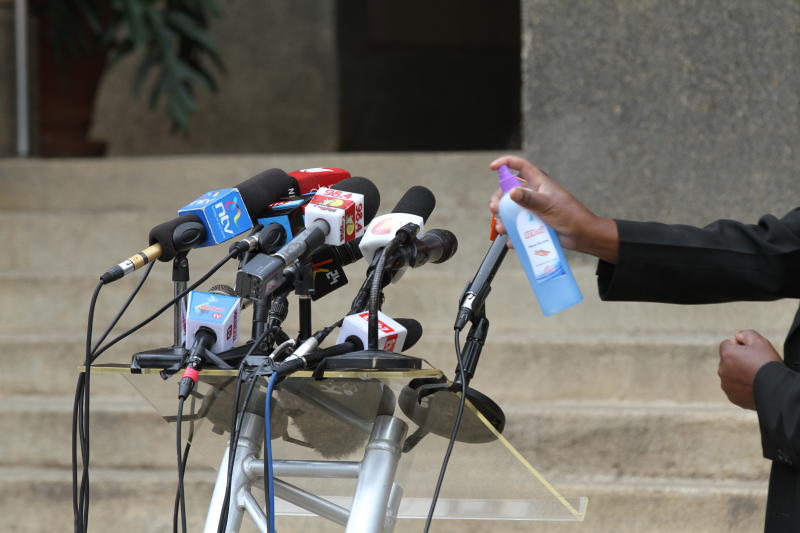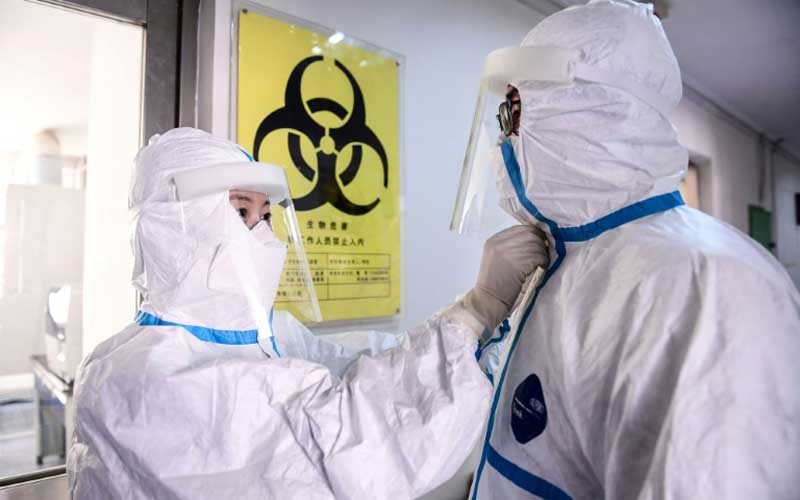
The outbreak of Covid-19 prompted countries to institute various measures aimed at containing the spread of the disease.
These measures are yielding conflicting epidemiological curves in different countries which suggests that some measures against the pandemic are more effective than others.
Covid-19 was first reported in Western Europe and the USA in late January 2020. However, strict measures of social distancing and cessation of movement were enforced in these countries nearly 45 days later.
In contrast, Asian countries enforced these just a few days after the first cases were reported.
Prompt and strict restrictions on human mobility resulted in a much flatter epidemiological curve in China, Taiwan, Hong Kong and Singapore. However, the delay in implementing these measures in Italy, England, France, Spain and the United Kingdom contributed significantly to the spike of Covid-19 in these countries.
Breaking of the Covid-19 transmission chains through testing and contact tracing is highly emphasized by the WHO. The success of South Korea in containing Covid-19 was attributed to mass testing and detailed management of suspected cases. South Korea also used electronic surveillance to monitor people under compulsory self-quarantine.
Early detection and treatment of Covid-19 cases enhances better treatment outcomes. It also helps in the early isolation of the patients thus curtailing the spread of the disease in the population.
Singapore owes much of its success in keeping Covid-19 fatalities low to early testing, tough quarantine measures and effective contact tracing.
Healthcare management
Construction of emergency hospitals was undertaken by China, United States, United Kingdom and Italy as part of preparing healthcare systems for a possible surge of Covid-19 cases.
Countries also repurposed existing hospitals, stadiums, recreational centres and other buildings for Covid-19 patients. Asian countries were quicker in undertaking these measures unlike their counterparts in Western Europe and the Americas.
The risk of a shortage of essential medical supplies can compromise the health and safety of healthcare workers, which may impede the delivery of healthcare services.
Lack of medical supplies such as ventilators might also undermine the provision of quality healthcare to critically ill Covid-19 patients.
Countries, therefore, took early steps to stockpile essential medical equipment and supplies such as face masks, face shields, intensive care beds and ventilators among others
Germany, France, Turkey and the United States banned the export of medical supplies to forestall possible shortfall during the pandemic.
Countries that provided adequate medical supplies and facilities stand a better chance of fighting Covid-19 pandemic through prompt detection of disease, and provision of timely and quality healthcare to patients, and protecting healthcare workers from contracting the disease.
Socioeconomic impact
Stringent non-pharmaceutical measures have been effective in slowing down the growth of new infections in many countries. However, these measures have undermined economic activity by limiting human mobility and business operations leading to job losses.
Navigating the impact of Covid-19 entails supporting vulnerable groups and protecting small scale businesses through appropriate interventions. Germany expanded access to short-term work subsidy and increased childcare benefits.
South Korea introduced cash transfers for quarantined individuals, consumption coupons for low-income households, and wage and rent support for small businesses. The United Kingdom provided funding for the NHS and supported vulnerable people through social safety net programs.
The United States through (CARES) Act provides tax incentives to keep employees on payroll and direct payment to citizens and business loans. The Italian government launched a stimulus package to help its battered businesses and struggling families survive the coronavirus crisis.
Spain introduced a moratorium on mortgage payments for people adversely affected by Covid-19 and special help for all self-employed workers who lose business.
Australia injected a substantial amount of money into the economy to support households, casuals, sole-traders and retirees.
The virus also prompted countries to institute measures to protect small businesses. The German government provides grants to small business owners affected by the pandemic.
Financial assistance to small businesses to keep employees and improve liquidity is part of economic stimuli package given by the Australian government. Economic stimulus package to businesses is also given by the United Kingdom, Italy and South Korea.
Best practices
Countries that have managed to contain the spread of the Coronavirus Disease have embarked on extensive and rapid testing of symptomatic and asymptomatic cases.
This is normally accompanied by detailed management of isolated and quarantined individuals through electronic surveillance, law and order agencies and telecommunication companies.
The proactive tracing of potential positive cases is also instrumental in limiting the spread of the virus in the general population. Strong and reliable contact tracing system means that suspected Covid-19 cases are detected in real-time, tested and if found positive isolated from the general population to curb the spread of the disease.
Containing the pandemic to a manageable level is also more noticeable in countries that strengthened their healthcare systems on time. T
he measures included providing sufficient healthcare facilities, procuring essential medical supplies in time, and protecting healthcare and essential workers and vulnerable population (the elderly and those with underlined conditions) from contracting the disease.
The timely provision of social and economic support to marginalised groups, protecting small businesses, enhancing public health measures and prompt cessation of movement for non-essential personnel have also proved useful in countries like China, South Korea and Singapore in limiting the spread of Covid-19 as well as fatalities.
Lessons for Kenya
Countries such as China, Italy, Singapore and the United States have utilized their militaries in the provision of healthcare services for Covad-19 patients. For instance, the military has been used in the transformation of non-pharmaceutical facilities such as stadiums, entertainment centres and recreational parks into emergency hospitals, transportation of medical supplies, patients and monitoring of people under self-quarantine.
Kenya could learn from these countries on how well to employ its military during pandemics.
Basic medical supplies such as face masks, hand gloves, sanitizers and PPEs become essential during pandemic outbreaks. These supplies are often on high demand during pandemics leading to chronic shortage around the globe. Kenya needs to invest substantially in the production of basic medical supplies as a way of preparing the country for future pandemics.
The ability of Asian countries to contain Covid-19 is largely due to efficient health record management. Their citizens are assigned unique health QR codes, which authorities use to monitor the movement of individuals under self-quarantine. Kenya could borrow a leaf.
Although Kenya has social safety schemes to assist the elderly, orphans and vulnerable children, persons with disability and poor households in ASAL regions, there are no similar schemes to help in resuscitating small businesses ravaged by pandemics.
It is prudent that the government sets up financial schemes that businesses can look up to for support during public health emergencies.
-Maurice Onyango teaches Sociology and Community Development at Laikipia University besides being a consultant at ACAL Covid-19 Thinktank
 The Standard Group Plc is a multi-media organization with investments in media platforms spanning newspaper print
operations, television, radio broadcasting, digital and online services. The Standard Group is recognized as a
leading multi-media house in Kenya with a key influence in matters of national and international interest.
The Standard Group Plc is a multi-media organization with investments in media platforms spanning newspaper print
operations, television, radio broadcasting, digital and online services. The Standard Group is recognized as a
leading multi-media house in Kenya with a key influence in matters of national and international interest.

